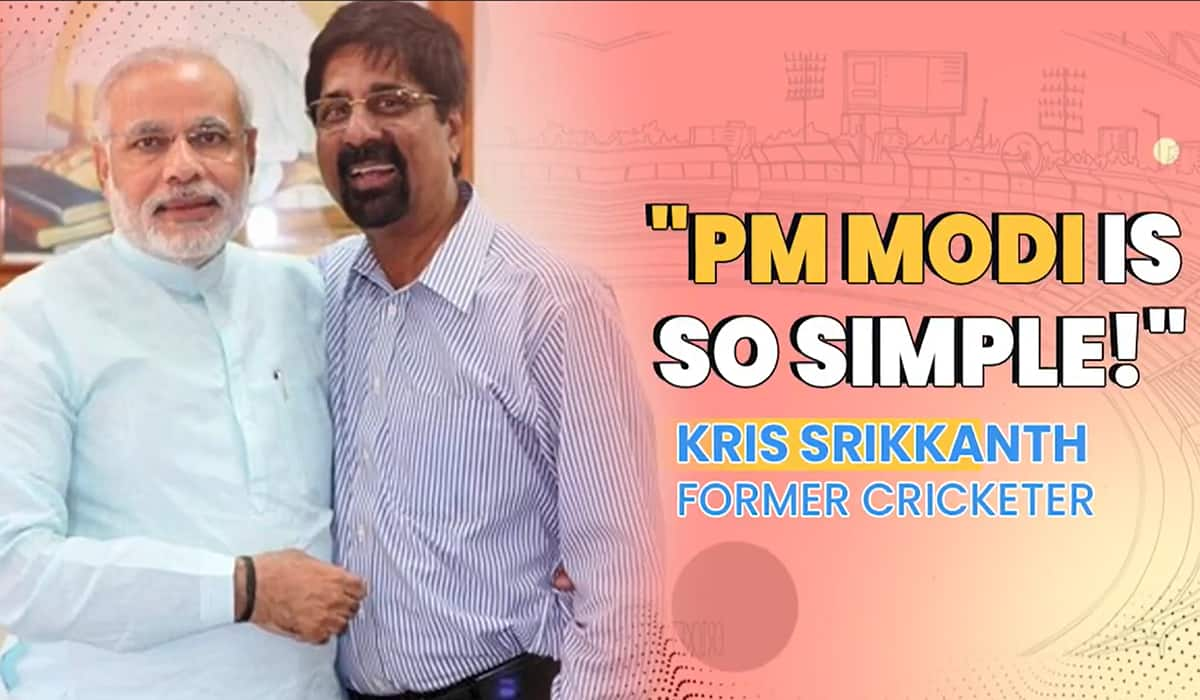December 11, 2023, marks a significant day in India’s history. On this day 32 years ago, the Ekta Yatra was led by Shri Murli Manohar Joshi and organised by a young Narendra Modi, embarking on a journey from Kanyakumari to Srinagar. This wasn't just a physical journey; it was a powerful symbol of unity and defiance in a period marked by terrorism in Kashmir.
As Jagdish Dwivedi, a BJP leader from Gujarat, recalls, “This was a time when terrorism was at its peak in the state of Kashmir, and it was Shri Modi who had conceptualised and organised the Yatra.”
Dipak Shah, a member of the Yatra, remembers the grave security threat faced by people during the Yatra. “On the one hand, there were terrorists in Kashmir attacking the Yatra and threatening it from advancing. On the other hand, terrorists in Punjab attacked the Yatra to foil it. Yet, Narendra Modi led from the front and ensured that the ‘Raths’ reached Lal Chowk in Kashmir to hoist the tricolour,” he mentions.
The Ekta Yatra, meaning "unity march," sent a clear message to the nation and the world that, India would stand firm and united against the forces of division and terror. The journey, spanning 14 states and culminating in the hoisting of the Tricolour at Lal Chowk in Srinagar on January 26, 1992, resonated deeply with the Indian people. It served as a reminder of the country's shared history and values and its unwavering commitment to national unity.
Hasmukh Parmar recalls Shri Modi planning every minute detail and conveying his vision for the Yatra to cover every part of the country along its route. Parmar had been instructed by Shri Modi to create ‘raths’ with fixed teams of drivers, conductors and mechanics to ensure that the Yatra was a success.
Years later, PM Modi, a key architect of the Ekta Yatra, took a decisive step towards fulfilling the promise of that journey. The abrogation of Article 370, which granted special status to Jammu and Kashmir, was a bold move to bring the state closer to the rest of India and ensure its full integration.
As the Supreme Court upholds the Parliament's decision to abrogate Article 370, the spirit of the Ekta Yatra resonates once again. It serves as a reminder of the unwavering commitment of the Indian people to unity and integrity. The Ekta Yatra may have begun 32 years ago, but its message of unity continues to guide the nation even today. It is a message that resonates not only in the halls of power but also in the hearts and minds of every Indian citizen.
Ghanshyam Tiwari, MP Rajya Sabha, shares that the Yatra often concluded late at night and started early in the morning. Shri Modi ensured that this mammoth operation ran smoothly, day after day. From organising bathing essentials and accommodation for Yatris at night to providing them breakfast packets in the morning, refuelling diesel in each vehicle, and ensuring each driver was on duty, Shri Modi was in command of everything.
In his tweet after the Supreme Court’s verdict, Prime Minister Modi reiterates this commitment, assuring the people of Jammu, Kashmir, and Ladakh that their dreams remain at the forefront of his government's agenda. He further emphasises the government's determination to ensure equitable development and progress, ensuring the benefits reach even the most marginalised communities.
As we mark this historic day, let us remember the Ekta Yatra and the values it represents. Let us also reaffirm our commitment to building a stronger, more united India where all citizens can live together in peace and harmony.
The Supreme Court upholds the Modi government's decision to abrogate #Article370.
— Modi Story (@themodistory) December 11, 2023
On the 11th of December, that same historic date in 1991, the Ekta Yatra led by Murlimanohar Joshi and organised by Narendra Modi, commenced its journey from Kanyakumari. The Tricolour was hoisted… pic.twitter.com/Bk3qKgBQQU
Today's Supreme Court verdict on the abrogation of Article 370 is historic and constitutionally upholds the decision taken by the Parliament of India on 5th August 2019; it is a resounding declaration of hope, progress and unity for our sisters and brothers in Jammu, Kashmir and…
— Narendra Modi (@narendramodi) December 11, 2023
















